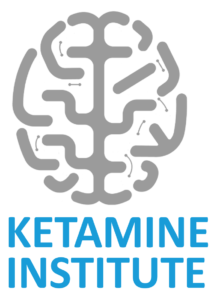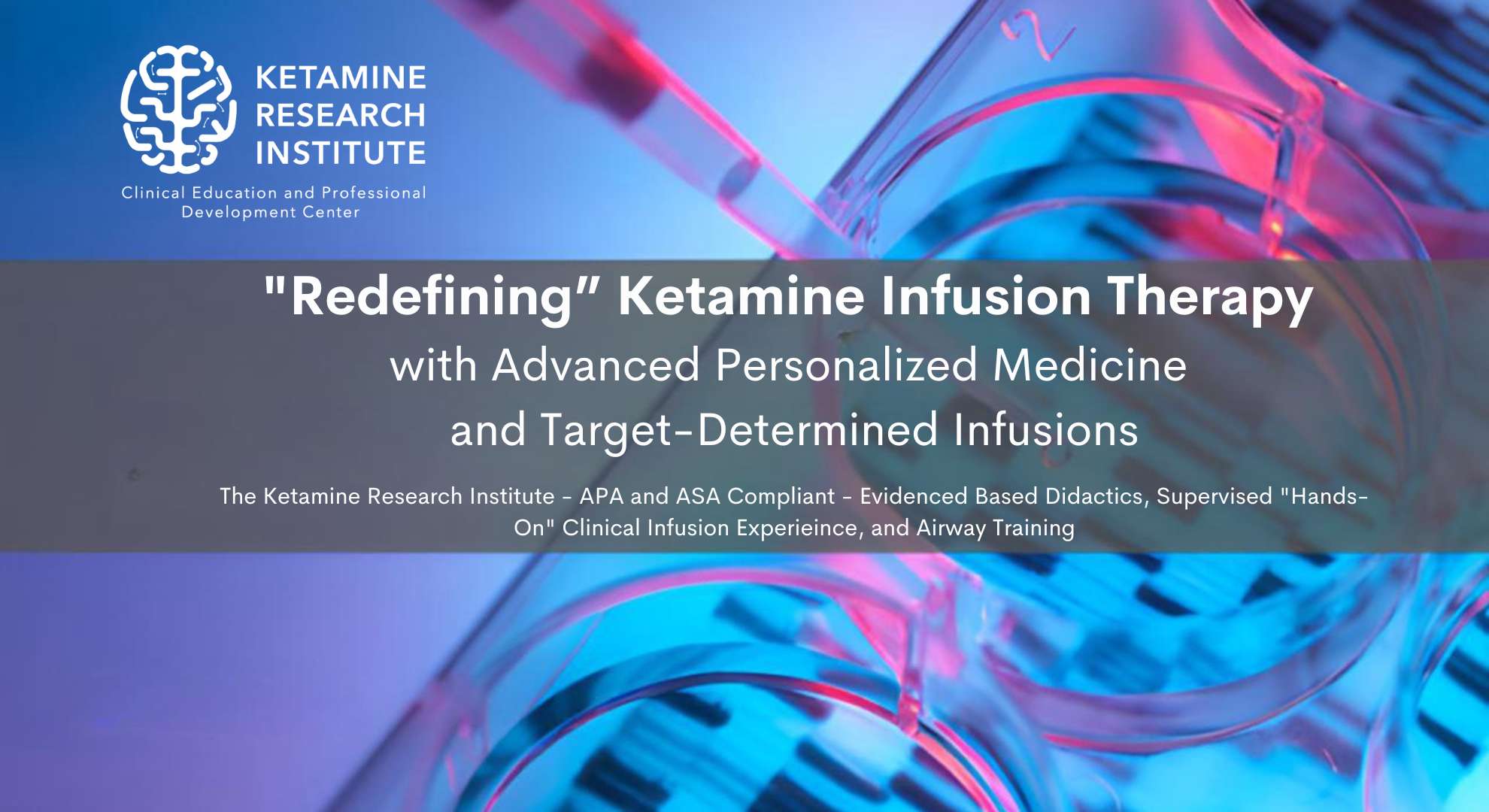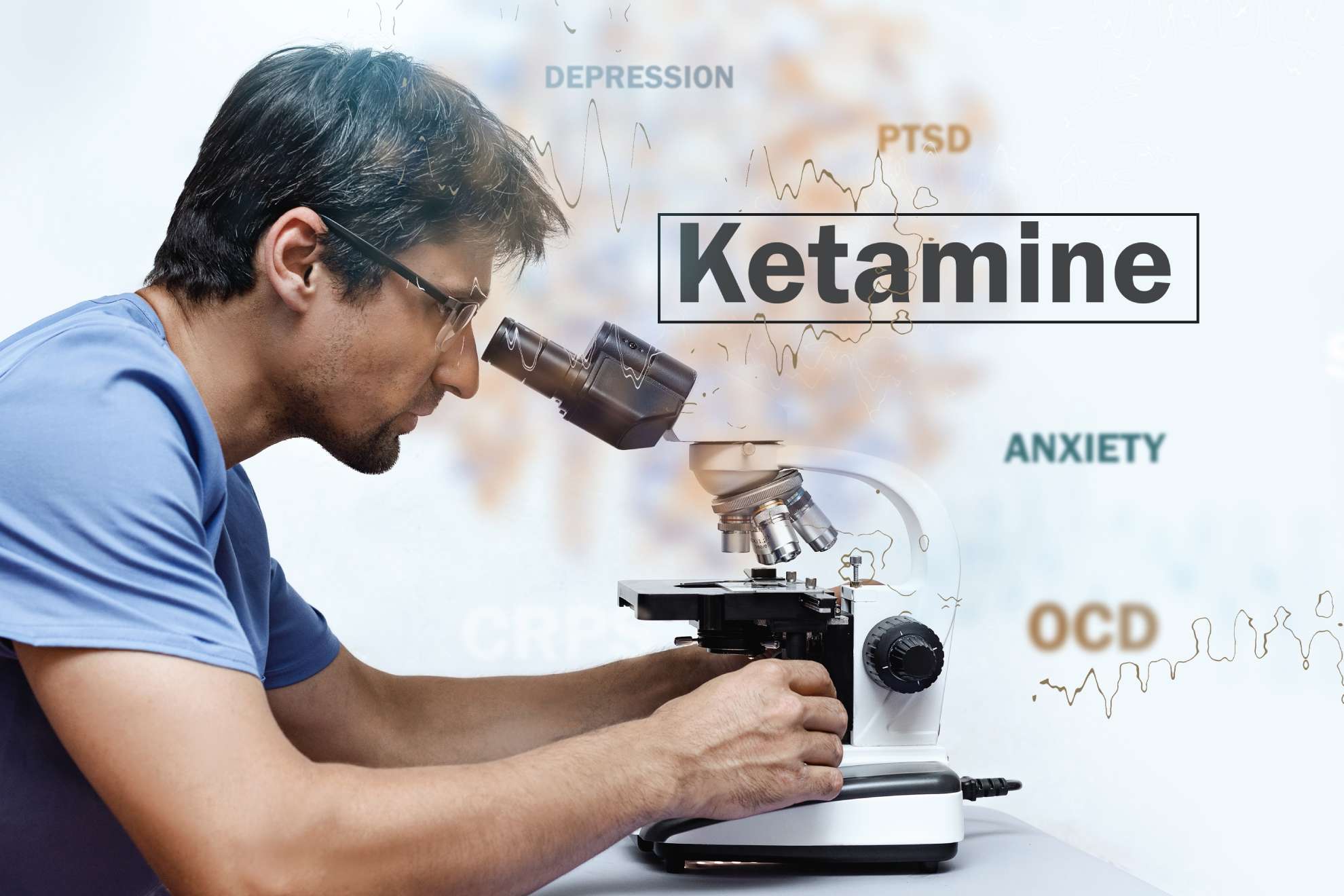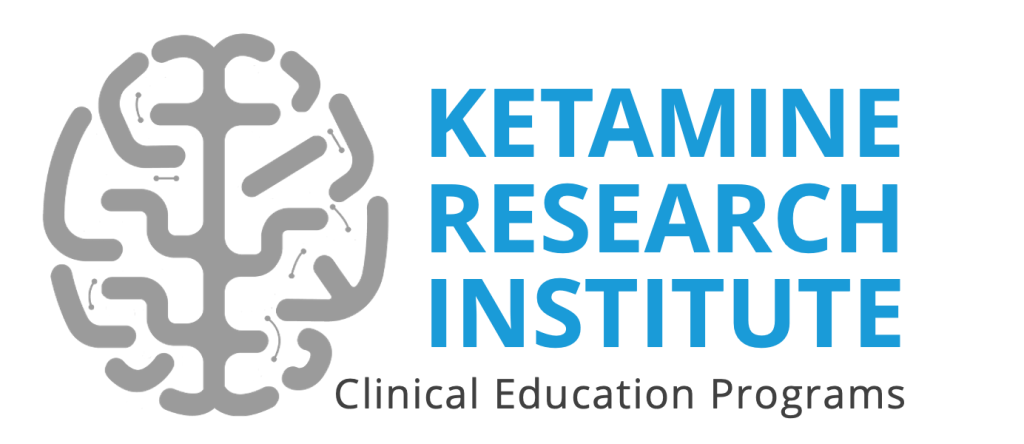
Ketamine Research Institute Training Program
The "Mini-Fellowship" Intensive Ketamine Infusion Training for Clinicians — The Origin of Our Ketamine Training Course
The Origin of Our Ketamine Training Course:
Introduction
Ketamine infusions have now been used for decades for pain management, depression, and PTSD. However, the lack of quality training courses has led to an increase in clinicians providing ketamine therapy with little or no training as well as the entry of unscrupulous business ventures who provide ketamine infusions with no understanding of the medical implications of this powerful drug. This has caused the effectiveness of ketamine therapy to become compromised and presents serious potential safety issues that could potentially put patients at risk.
In light of this, there is an urgent need for a standardized education and training program that will ensure the safe and effective use of ketamine infusions. Although I have been providing training sessions to physicians, residents, and fellows in academic medicine and governmental setting since 2007, the need for training in the private sector became more apparent in 2015 when the number of "ketamine clinics" began to rise.
Unfortunately, some clinicians who provide ketamine therapy, and now investment bankers and venture capitalists are seeking to "commercialize" ketamine treatment and appear to be doing so without having the necessary clinical knowledge of the complexities of this cutting-edge therapeutic modality. As a result, they have engaged in what some view as questionable medical practices, and treatment outcomes are frequently not as good as they might be. And this is a concern for all of us.
This has led to what some describe as the "Wild West" of ketamine and may potentially jeopardize the future of ketamine therapy. To ensure that quality education and training are provided to clinicians, in 2015, I developed a comprehensive training course for private practice clinicians addressing the safety and efficacy of ketamine infusions for various medical conditions.
What Was Needed To Correct This?
As a result, there is a tremendous need for qualified medical professionals trained to provide patient-centered, safe, and effective ketamine therapy for mood disorders. We intended to develop training programs geared toward providing clinicians with the necessary skills, understanding, and knowledge to administer a superior and optimized ketamine infusion to their patients in an office or outpatient setting. We wanted to develop programs that cover all aspects of ketamine therapy that have practical clinical applications today and in the future.
Unlike any other program, we wanted to provide each of our clinicians with "one-on-one" individualized training in an actual ketamine infusion center environment and the necessary real infusion experience to fully understand and appreciate the full therapeutic potential of ketamine therapy.
We've learned that this immersive and "practical" ketamine training center environment is superior to online video formats or sterile classroom instruction in acquiring useful clinical information and real-world experience with ketamine therapy. My aim is to provide a comprehensive educational program that will enable physicians to administer ketamine infusions with confidence safely.
This Is How It Began
The Early Days
The ketamine infusion protocol, used by almost all practitioners worldwide today to treat depression, was discovered at the Yale University School of Medicine/West Haven, Connecticut VA Hospital over 25 years ago. It was my former Department at Yale (Anesthesiology) that formulated and administered the very first ketamine infusion treatment, which has since become known as the "standard" ketamine infusion and is now used by many others around the world, including many prestigious Academic Medical Centers such as Harvard, Yale, Columbia, and the National Institutes of Mental Health (NIMH).
Although I first became acquainted with the clinical use of ketamine in 1985, the early underpinnings of our current training program began in 2002 during my time at the Mount Sinai/NYU Medical Center. They became more formalized in 2007 as part of my teaching responsibilities at Yale University Department of Anesthesiology. As an Assistant Professor in the Department of Anesthesiology, Director of the Pain Medicine Fellowship Program, and Chief of Pain Medicine for the Connecticut VA Healthcare System, in addition to my clinical duties and research, I was responsible for educating Anesthesiology Residents and Fellows in Pain Medicine.
As part of my curriculum, I included didactic lectures, demonstrations, and hands-on training in administering high-dose ketamine infusions for chronic neuropathic pain conditions. In addition to teaching Residents and Fellows, I also conducted clinical research on the therapeutic basis of ketamine therapy. I taught attending physicians, Administrators, and Researchers from the V.A. nationwide and Physicians in the Department of Defense about the remarkable potential of ketamine in treating returning veterans with complex physical and psychological injuries.
Innovation and Evolution of Ketamine Therapy
That early program has evolved significantly over the years, as I have accumulated thousands of hours of direct, "hands-on" ketamine infusion time with patients worldwide who have come to us with widely varied clinical presentations and co-morbid conditions for treatment.
It became apparent that the simple infusion protocol of 0.5mg ketamine per kilogram given intravenously over 40 minutes, which has become the "de facto" standard ketamine infusion treatment for mood disorders, is not as effective in actual clinical practice as it is in well-controlled research studies. Why is that?
What other factors and considerations need to be accounted for to improve the therapeutic benefit of ketamine?
There were many questions but few answers. For example, what patient selection factors must be considered to obtain the best results, and do many patients' medications interfere with ketamine? Should individual variations in patient metabolism and genetics be considered when determining the dosage of ketamine to use?
Then there was the issue of "set and setting" and how to best prepare a person to undergo and benefit from the unique psychological and phenomenological ketamine experience. What should the environment look like, should someone always be with the person during an infusion, and what music or visual imagery should you use - if any? Can we monitor their internal states in some way? Answering these issues became a prolonged investigation of its own.
How to Improve Efficacy and Outcomes.
Over the years, we have found answers and implemented them into a more evidence-based approach to ketamine therapy. That knowledge and experience have been condensed and distilled into our current training course. The training that we provide is conducted in our ketamine infusion center in Sarasota, FL. so that you can see and experience the process of ketamine infusion therapy firsthand.
Our Training Programs Today
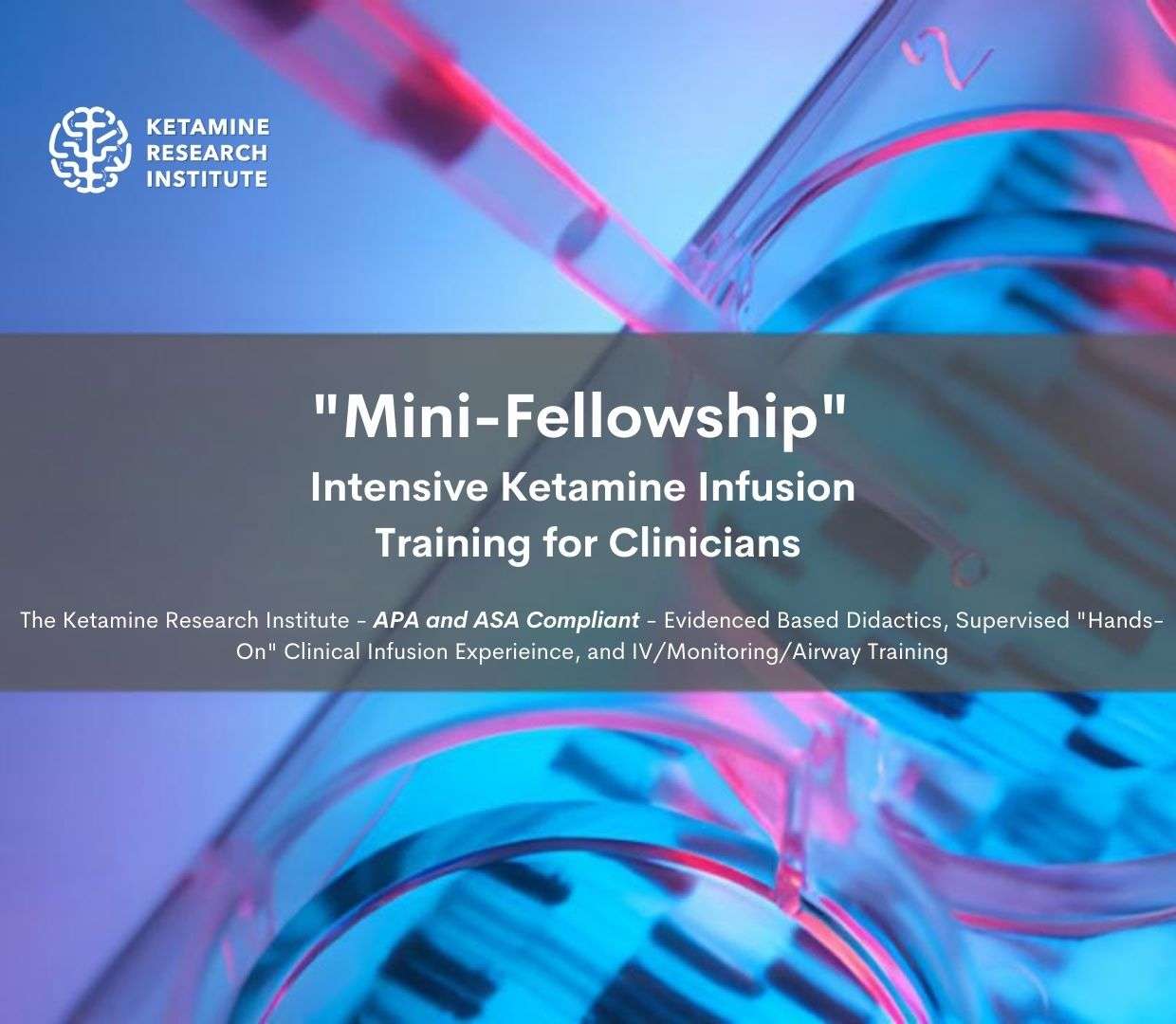
The Ketamine Research Institute Clinical Education Programs
Our program represents the first standardized, Personalized Medicine-based ketamine infusion training course for clinicians that offers didactic, supervised clinical, and experiential training. Our program meets or exceeds all APA and ASA recommendations while promoting more effective, safe, and uniform infusion protocols for ketamine-based therapy in the treatment of mood disorders.
Our programs are focused on and intended to train a core group of Physicians, Nurse Practitioners, CRNAs, and allied medical clinicians to provide Personalized Medicine-based ketamine infusion therapy. Utilizing these concepts and practical approaches allows our trainees to provide the highest quality, evidence-based, optimized, and enhanced ketamine therapy available to patients in their current office or outpatient practice setting.
We believe that our three-day intensive course with personalized, one-on-one training, actual infusion experience, and continuing personal guidance as our students begin to provide ketamine infusion therapy is a unique and invaluable component to this training program and our student's success in utilizing this cutting-edge therapy.
Become a Certified and Well Qualified Ketamine Infusion Therapy Clinician.
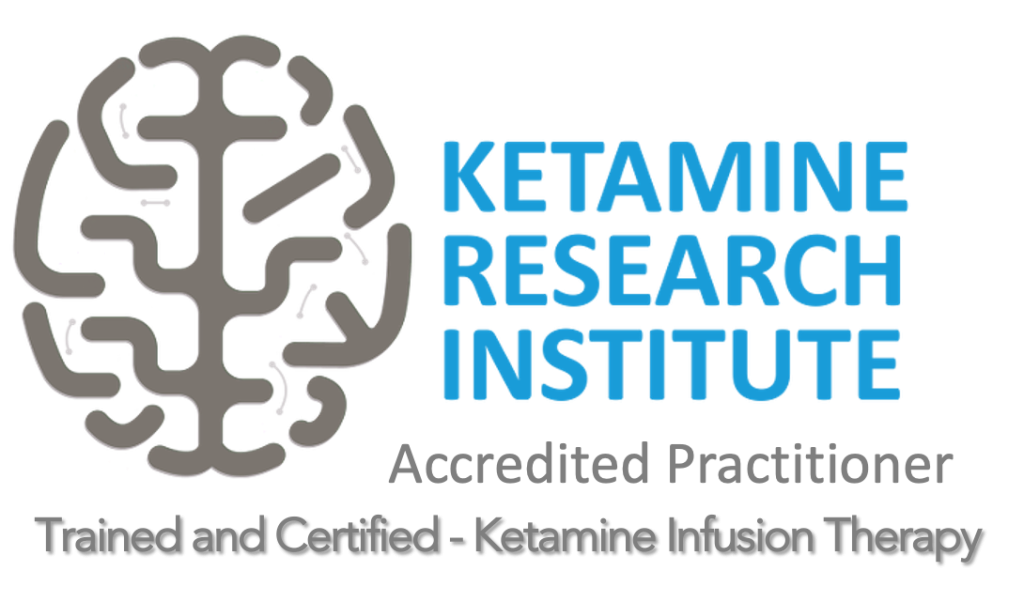
Our training programs provide the knowledge, tools, and clinical training necessary for our graduates to achieve the same "remarkable" levels of improvement (70-75% improvement following ketamine infusion treatment) seen in well-controlled, high-level research studies. In addition, to increase clinical effectiveness, our graduates report high rates of completion, and few, if any, "adverse effects" by using Personalized Medicine and Targeted Infusion Therapy. This advanced approach and optimized treatment protocol provide up to 50% greater effectiveness than the Standard Ketamine Infusion can achieve in "real-world" clinical practice settings for significantly improved patient outcomes and satisfaction.

To Learn More About Our Programs - please click the links below:
The "Mini-Fellowship" Intensive Training Program
A Detailed Course Overview
Day 1: Ketamine-Based Therapy: The Current State of Ketamine Therapy
Day 2: Ketamine-Based Therapy: Efficacy versus Effectiveness
Day 3: Ketamine-Based Therapy: The Personalized Medicine Approach
Our 2024 Course Schedule and How To Apply For Training
New Courses Beginning in 2024
Ketamine Training for Experienced Providers and Anesthesiologists
Improving Ketamine-Assisted Psychotherapy with Precision Medicine
and Target-Controlled Administration Techniques
The Origin of Our Ketamine Training Program
What Our Graduates Say About The Course
How the Ketamine Research Training Program Complies with APA and ASA Recommendations
"Mini-Fellowship" Intensive Ketamine Infusion Training for Clinicians
3-Day Intensive Course
Our course not only covers all of the practical aspects of ketamine therapy but expands into scientific principles allowing optimization of the basic protocol. All course training is conducted “on-site” in an actual infusion center so that you will have an opportunity to become familiar with the environment in which infusions are performed and obtain valuable clinical experience administering ketamine infusions under expert supervision. This includes utilizing all of the necessary monitoring equipment, intravenous delivery systems, and supplies necessary for the safe administration, storage, and handling of ketamine.
How to effectively integrate ketamine therapy into your current practice
_________________
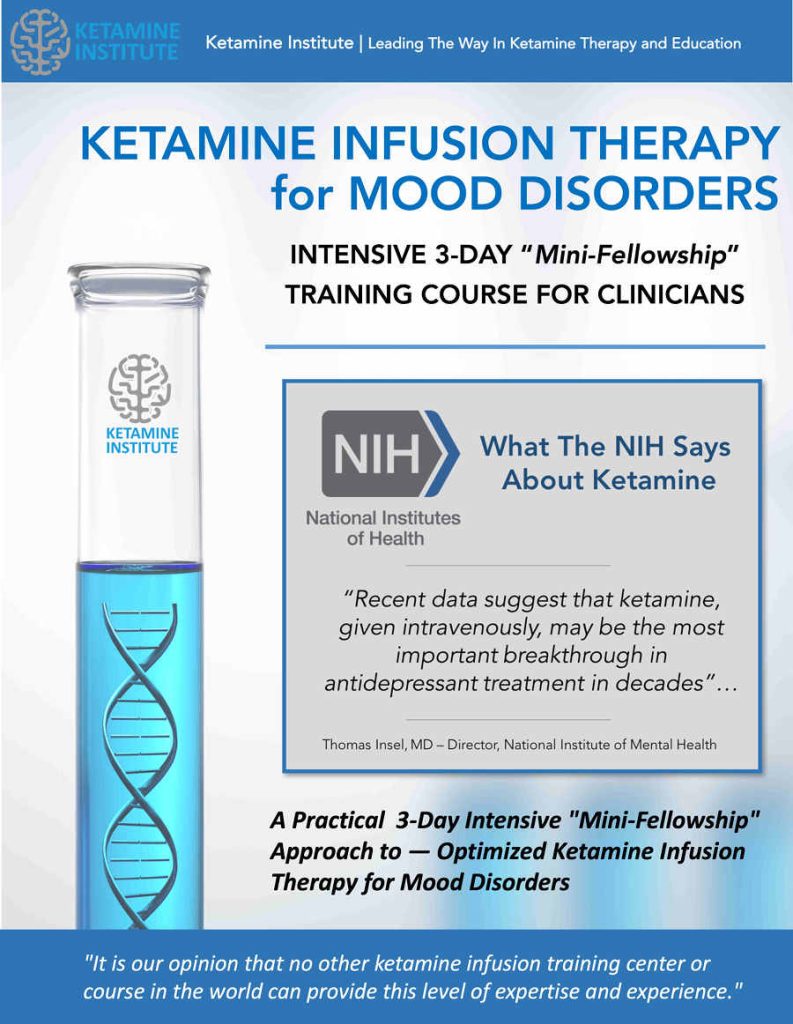
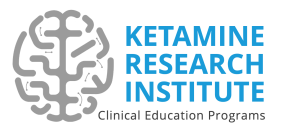
The Ketamine Institute
The Ketamine Institute is leading the way in the field of ketamine infusion therapy and physician education with our new ketamine infusion training program. We’re on a mission to accelerate the health care revolution. We have pioneered ketamine infusion therapy to bring the latest breakthrough discoveries about ketamine out of the research lab and into our infusion centers.
